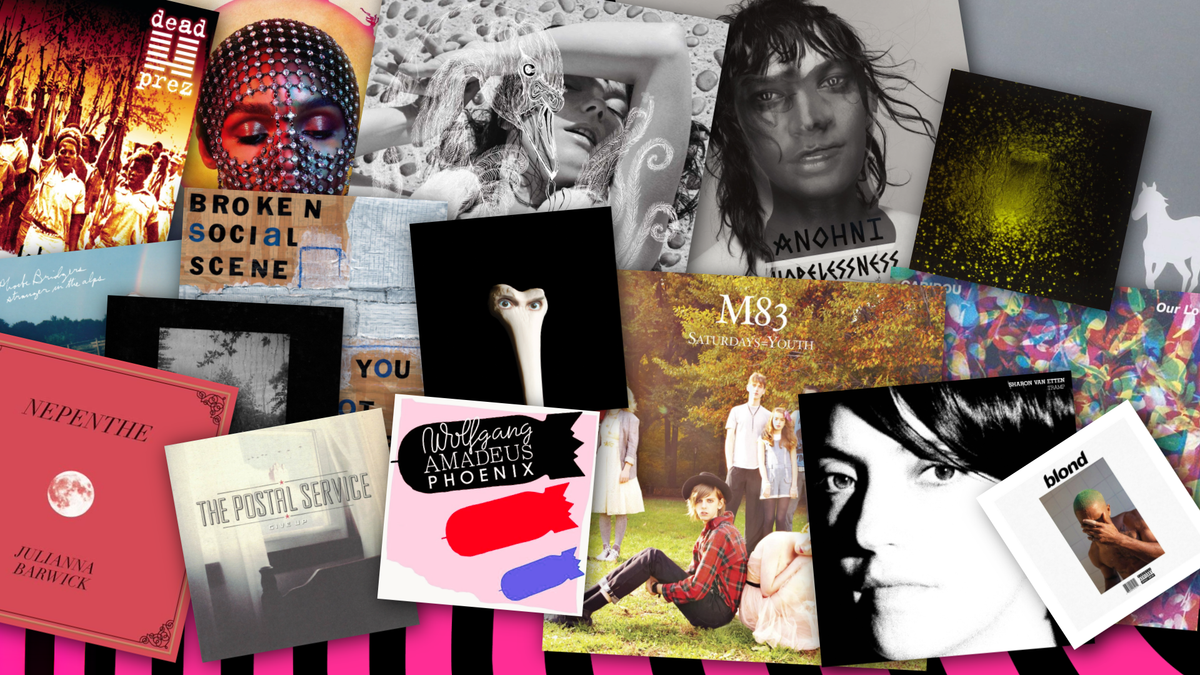This post is for paying subscribers only
Subscribe now and have access to all our stories, enjoy exclusive content and stay up to date with constant updates.
We turned 25 this week, now it's time to let you in on our plans...

Subscribe now and have access to all our stories, enjoy exclusive content and stay up to date with constant updates.
Already a member? Sign in